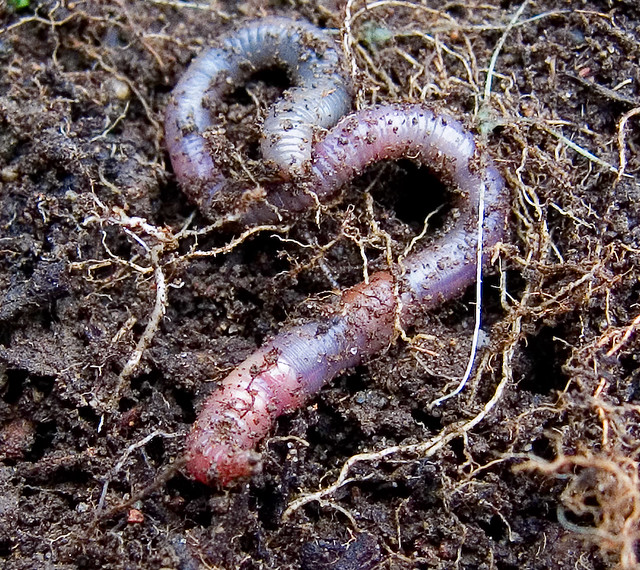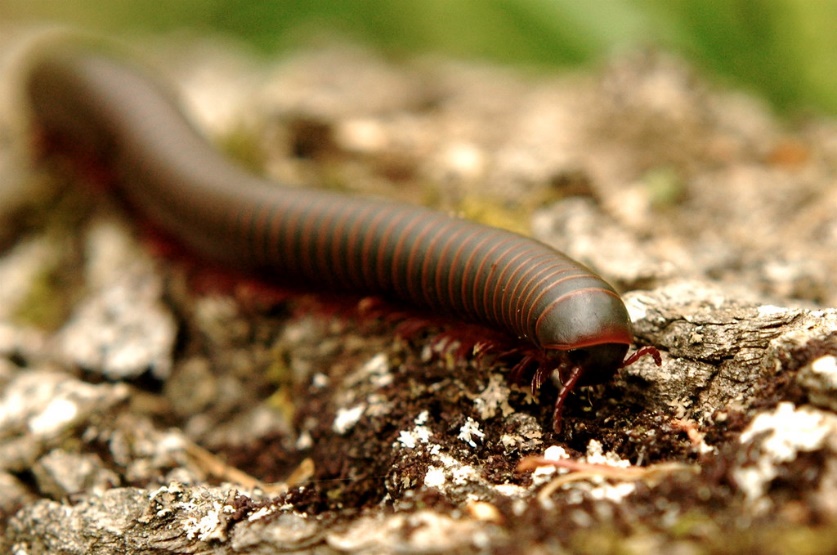NCERT Solutions for Class 6 Science Chapter 16 Garbage In, Garbage Out will help the Class 6 students studying under the CBSE syllabus in their exam preparation. Detailed answers provided in the NCERT Solutions in this article will assist students in clearing all their doubts on the topic. In order to understand the concepts clearly, and score good marks in the annual exam, students can practise these solutions.
These NCERT Solutions have questions that will help students in comprehending the concepts involved in the garbage disposal and waste management. Descriptive type of questions provided here will aid them in gaining in-depth knowledge on the topic of Garbage In, Garbage Out.
Chapter 16 of NCERT Solutions for Class 6 Science Garbage In, Garbage Out involves topics like methods of making compost, vermicomposting, recycling of waste materials, drawbacks of plastic usage, and steps to be taken to reduce garbage.
Important Topics Covered in NCERT Solutions for Class 6 Science Chapter 16 Garbage In, Garbage Out
- Dealing with garbage
- Vermicomposting
- Garbage disposal
- Recycling of paper
- Plastics – boon or a curse?
NCERT Solutions for Class 6 Science Chapter 16 Garbage in Garbage out
Access Answers to NCERT Solutions for Class 6 Science Chapter 16 Garbage In, Garbage Out
Exercise Questions
1. (a) Which kind of garbage is not converted into compost by the red worms?
(b) Have you seen any other organisms besides red worms in the pit? If yes, try to find out their names. Draw pictures of these.
Solution:
a) Pieces of cloth, polythene bags, broken glass, aluminium wrappers, nails and broken toys are not converted into compost by the red worms.
b) Earthworms, small insects like ants and millipedes, are found in pits.



2. Discuss:
(a) Is garbage disposal the responsibility only of the government?
(b) Is it possible to reduce the problems relating to the disposal of garbage?
Solution:
a) No, not just the government, but everybody is responsible for garbage disposal. We should bifurcate wet and dry waste, recycle non-biodegradable substances, and we should also reduce the accumulation of garbage in our houses and streets.
b) Yes, it is possible to reduce the problems of garbage by scientific disposal of garbage; we can do it by bifurcation of different waste and also by recycling the waste materials.
3. (a) What do you do with the leftover food at home?
(b) If you and your friends are given the choice of eating on a plastic plate or a banana leaf platter at a party, which one would you prefer and why?
Solution:
(a) Leftover food can be collected and used to form compost. Compost produces nutrients necessary for the growth and development of plants.
(b) We would prefer to eat food on a banana leaf plate because it acts as a harmless substance which helps to form manure by the process of composting, whereas plastic plates cannot be converted into harmless substances by composting. Plastic plates are not degradable, hence can persist in the environment and cause many problems.
4. (a) Collect pieces of different kinds of paper. Find out which of these can be recycled.
(b) With the help of a lens, look at the pieces of paper you collected for the above question. Do you see any difference in the material of recycled paper and a new sheet of paper?
Solution:
(a) Papers such as newspapers, notebooks and magazines can be recycled easily. However, shiny and coated papers cannot be easily recycled.
(b) Recycled paper is usually thick or rough when compared to a new sheet of paper.
5. (a) Collect different kinds of packaging material. What was the purpose for which each one was used? Discuss in groups.
(b) Give an example in which packaging could have been reduced?
(c) Write a story on how packaging increases the amount of garbage.
Solution:
(a) Different kinds of packaging materials used commonly are given below:
Cardboard – Shoes, soap, bulbs and other boxes.
Plastic Bags – Toys covers, sarees bags, shopping bags, etc.
Wooden Boxes – Fruit baskets and boxes for hardware.
Jute Bags – School bags, shopping bags, vegetable bags, etc.
(b) By reusing the packaging material, we can reduce the accumulation of garbage.
(c) The basic purpose of packaging is to protect the product from tampering and to maintain its freshness and purity. However, most of the packaging material is used to beautify the boxes and make them look attractive on the shelves. Unfortunately, a large volume of packaging material goes waste and is thrown into the dustbin.
For example, in most places, the dustbins are full of chips and biscuit wrappers.
It unnecessarily increases the amount of garbage. It also increases the cost of the product due to unnecessary packaging. We should seriously consider how to reduce unnecessary packaging.
6. Do you think it is better to use compost instead of chemical fertilisers? Why?
Solution:
Yes, it is better to use compost instead of chemical fertilisers for the following reasons:
- It is easy to prepare compost
- Compost is environment friendly as it does not cause any health issues in humans and animals
- Compost will not cause pollution
- Compost increases soil fertility.
- Compost is biodegradable
At BYJU’S, students will get free NCERT notes, sample papers, previous year question papers, NCERT solutions, NCERT exemplars, study materials, NCERT textbooks etc. We provide all the study materials both in online and offline modes, and students can easily download the PDFs and practise at any time convenient for them. For more information, download the BYJU’S – The Learning App.
Disclaimer: This Chapter is removed as per the NCERT Syllabus 2022-23.
Frequently Asked Questions on NCERT Solutions for Class 6 Science Chapter 16
Write a short note on how packaging increases the amount of garbage present in Chapter 16 of NCERT Solutions for Class 6 Science.
What are the benefits of using the NCERT Solutions for Class 6 Science Chapter 16?
1. Accurate answers are available for all the questions present in the NCERT textbook.
2. Students will get a better knowledge of concepts by practising the solutions prepared by the expert faculty at BYJU’S.
3. NCERT Solutions are framed in PDF, which can be used by the students without any time restrictions.
4. It is one of the best study materials for CBSE students, which helps them to save time during revision.




the byjus is very useful
It is very helpfull for every student
very good byjus
byjus is a great learning aap i want to thanke\s byjus because i have written my scince all notes by byjus.
It’s wonderful
Very useful app thanks for making this app😀
Good app thanks
Very good answer
B – byjus is best
Best app very useful and great for future
Thank u BYJU’S